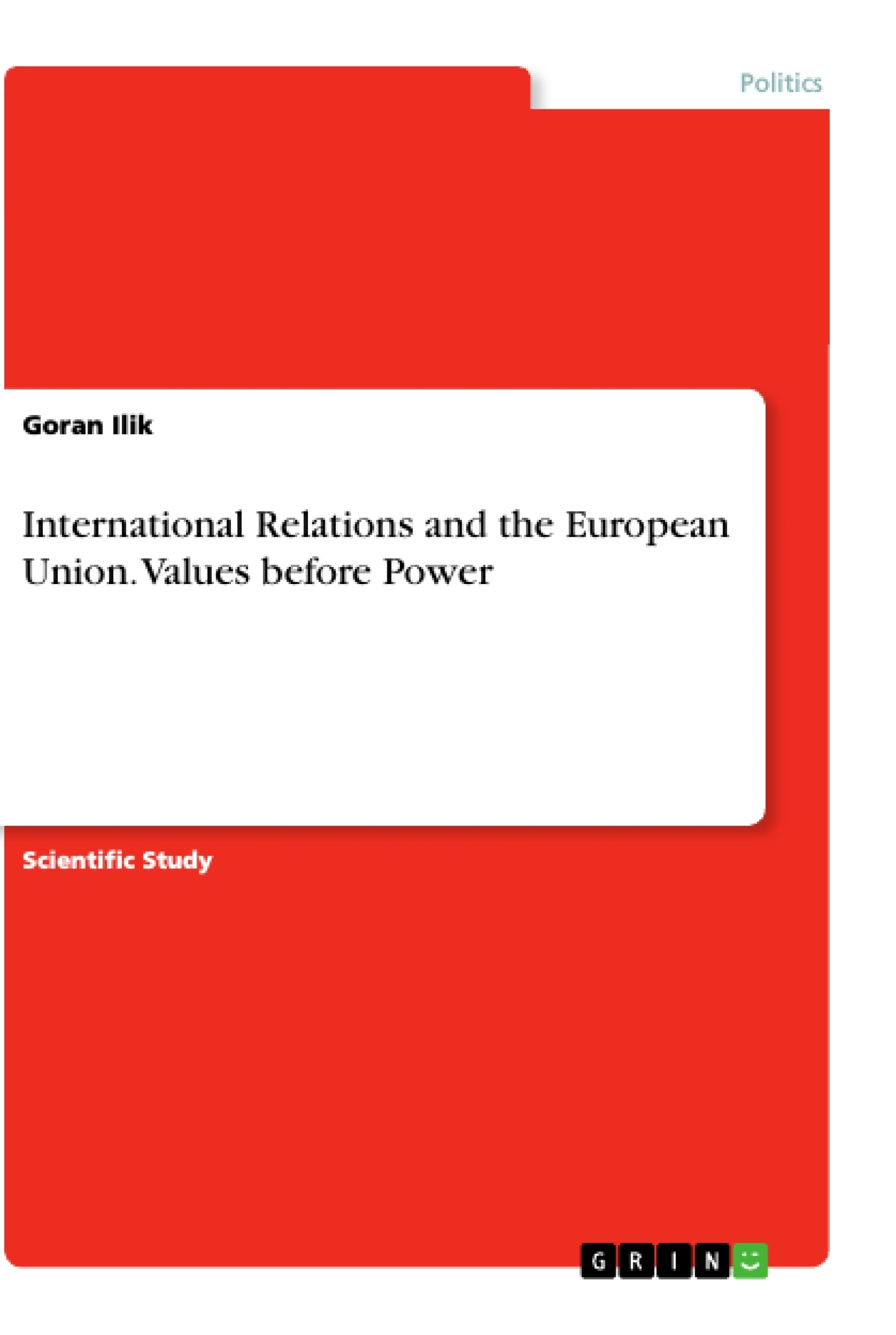The book treats the role, status and nature of the European Union in the contemporary international relations, with special emphasis on the value corpus and potential of the European Union in relation to other actors on the global political stage. In this context, the operationalization and rationalization of the nature of the European Union, i.e. its postmodern determination and the deeply planted modern core, composed of 27 sovereign member states, is being established.
The book also analyzes the institutional and political architecture of the Lisbon Treaty, especially in the area of EU’s Common Foreign and Security Policy, as well as the legal implications of this Treaty for the further development and transformation of the EU into a political union.
The book also discusses the status and role of the EU in relation to the BRICS grouping and their external and internal value capacity, in the context of the contemporary international liberal order, taking into account the new global deviations, such as the rise of populism and illiberalism in Europe and the world. Immediately after that, the EU’s relations with China are analyzed, taking into account the Chinese ‘project of the century’, embodied in the ‘Belt and Road Initiative’, considered as a process of expansion of Chinese influence in the global context.
In the context of the EU’s establishment as an actor in international relations, special attention is paid to the imperial past of its member states, especially since out of 27 EU member states, 10 of them are former colonial empires. Hence, conclusions are drawn about the possibilities for deepening the cooperation between the EU member states with their former colonies (today sovereign states), but this time in the favor of the European Union's global goals and interests. Finally, the book analyzes the EU’s projections on the creation of a new, post-American international context, according to its ‘ideological baggage’ composed of the values of multilateralism, regionalism and institutional creativity, as a ‘community of values’, firmly constituted on the power of law, instead of on the right of force.
Inhaltsverzeichnis (Table of Contents)
- Foreword
- Introduction
- Modernism, Postmodernism and Postnationalism: A Discourse
- The Lisbon Treaty and the EU as a Global Actor
- Elitism, Parochialism and the European Avant-Garde
- The New International Context: The EU and the BRICS
- The European Union and the Emergence of China
- The Power of Legacy
- Imagining the 'New World Order'
Zielsetzung und Themenschwerpunkte (Objectives and Key Themes)
This book delves into the international relations of the European Union, exploring its role as a global actor and its evolving relationship with other key players in the world. The author aims to provide a comprehensive analysis of the EU's foreign policy, taking into account its historical context and current challenges.
- The impact of modernism, postmodernism, and postnationalism on the EU's identity and foreign policy.
- The EU's transition from a regional power to a global actor in the context of the Lisbon Treaty.
- The challenges posed by the rise of emerging powers such as China and the BRICS nations to the EU's role in the world.
- The significance of historical legacies and their impact on EU foreign policy.
- The role of values and power in shaping the EU's approach to international relations.
Zusammenfassung der Kapitel (Chapter Summaries)
The book begins with a discussion of the evolving discourse around modernism, postmodernism, and postnationalism, exploring their influence on the EU's development and its engagement in international affairs. The second chapter focuses on the significance of the Lisbon Treaty in transforming the EU into a global player, examining its impact on the Union's foreign policy apparatus and decision-making processes. The third chapter delves into the issues of elitism, parochialism, and the European avant-garde, analyzing their role in shaping the EU's approach to foreign policy. The following chapters continue this analysis by exploring the EU's engagement with emerging powers, particularly the BRICS nations and China.
Schlüsselwörter (Keywords)
This book explores the core concepts of European integration, international relations, foreign policy, global governance, emerging powers, and the role of values in shaping international politics. Key themes include the EU's evolving identity, the impact of historical legacies, the challenges posed by globalization, and the significance of power dynamics in the international arena.
- Citar trabajo
- Goran Ilik (Autor), 2020, International Relations and the European Union. Values before Power, Múnich, GRIN Verlag, https://www.grin.com/document/940992




